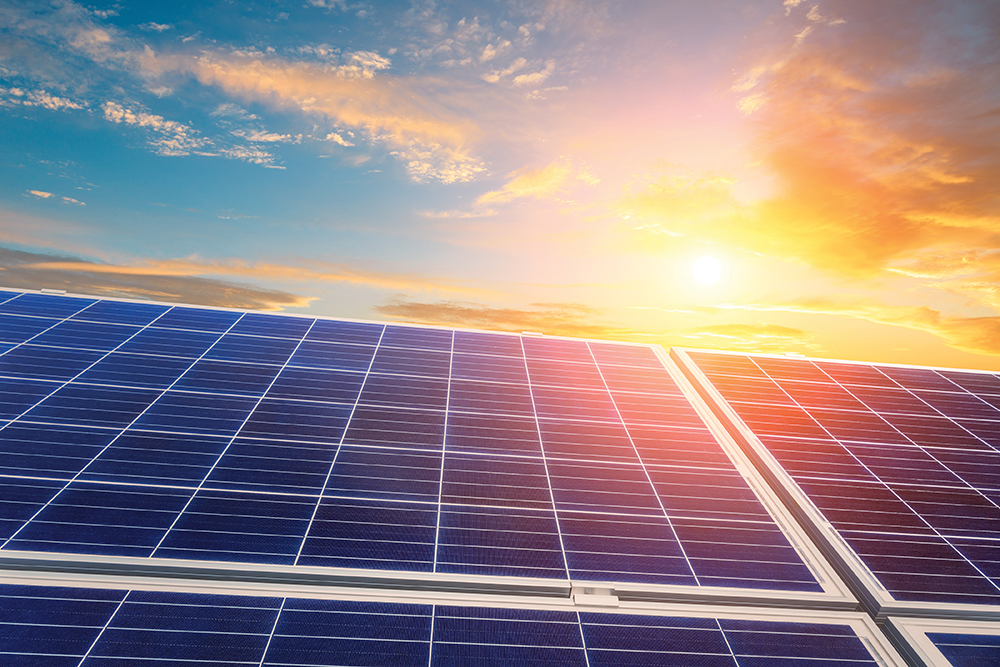The United States Agency for Trade and Development (USTDA), an independent agency of the United States government, formed to advance economic development and U.S. commercial interests in developing and middle-income countries, has announced that it will finance the feasibility study for a solar mini-grids project in Cameroon.
The funds, totaling up to around US$ 1M, will be handed over to Renewable Energy Innovators Cameroon (REIc), a social enterprise based in the West African country that is developing the project in question in partnership with SimpliPhi Power, a growing and innovative technology company based in California, USA, that designs, builds and sells a portfolio of non-toxic, efficient, energy-dense storage and management systems that seamlessly integrate renewable energy in conjunction with or independent of the grid.
Carrying out the feasibility study
The feasibility study will be carried out by SimpliPhi Power in collaboration with the National Renewable Energy Laboratory (NREL), a subsidiary of the US Department of Energy that specializes in the research and development of renewable energy, energy efficiency, energy systems integration, and sustainable transportation.
Morua Power, a US-based Latina-owned global engineering company and platform for world-class power systems and technology will too contribute to the feasibility study that will also include the design and monitoring of a pilot mini-grids project.
Also Read: Lom Pangar-Bertoua transmission line construction to be completed in 2021, Cameroon
Aim for the project
The solar mini-grids project in Cameroon is aimed at connecting more than 100,000 households to off-grid electricity, based on an innovative battery storage solution.
According to reports, in Cameroon, only 27% of all the households have access to electric energy, and energy poverty is even more marked in rural areas where 70% of the rural population (approximately 60% of the entire Cameroonians) do not have access to electricity.
